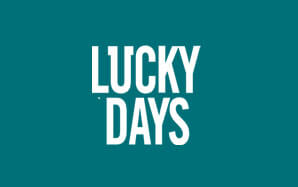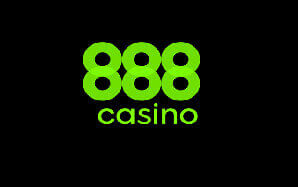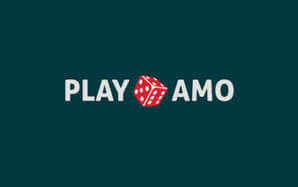Blackjack Guide
Blackjack is one of the most popular casino games, combining simple rules with deep strategy. If we can count to 21, we have the basics down—but winning consistently requires smart decisions. In this guide, we’ll break down how Blackjack works, from hitting and standing to doubling down and splitting pairs. We’ll also cover key strategies, common mistakes to avoid, and tips for finding secure online casinos. Whether we’re playing for fun or real money, this guide will help us feel confident at the table.

Written by Everett Campbell - Updated 2025-02-27 - Reading time: 5 minutes.

 Canada
Canada India
India Suomi
Suomi Svenska
Svenska




